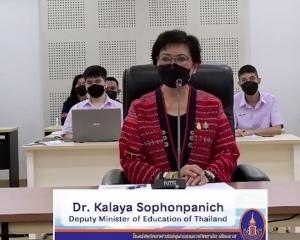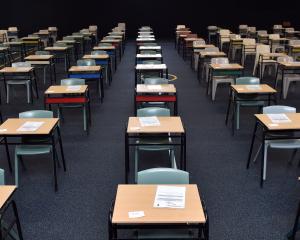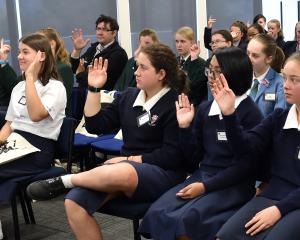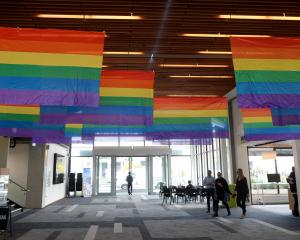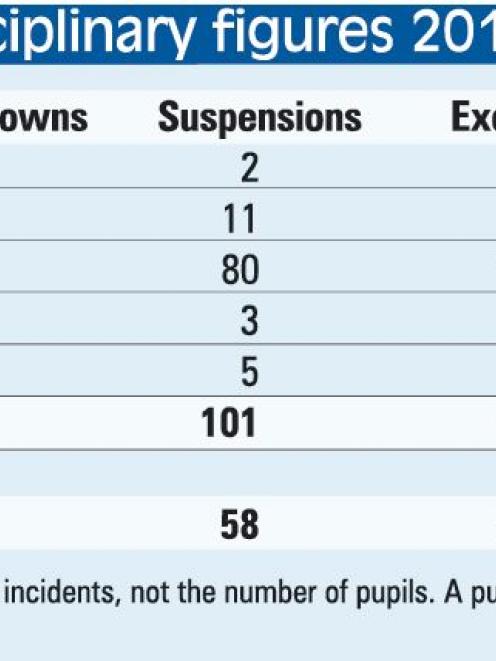
School disciplinary measures peaked in 2009, with 788 stand-downs, 177 suspensions, 57 exclusions and seven expulsions, but 2012 statistics released by the Ministry of Education under the Official Information Act show the number of stand-downs declined to 677, suspensions 101, exclusions 43 and there were fewer than five expulsions.
However, Green Island School principal Steve Hayward said a more concerning trend was the increasing number of children as young as 5 displaying more extreme behaviour.
''Assaults on staff and other children, violence and continual disobedience are the main issues.
''Going back a decade, this would have been extremely rare to see in children under 10 years old.
''These days, we [schools] receive several requests per term to take 5- to 10-year-old children who have been excluded from other schools.
''I've even heard of schools having to take children who have been kicked out of kindergarten.''
''You feel sorry for some of these kids - they've had a hard life.
''But there are 29 other kids in the class that just want to get on with their learning.''
A stand-down is the removal of a learner for up to five days, and can offer a positive opportunity to reduce tensions and reflect on behaviour.
When matters are not resolved, schools may opt to suspend a pupil and could escalate proceedings to exclusion for pupils under 16, or expulsion for pupils 16 or over.
Ministry of Education regional operations deputy secretary Katrina Casey said the disciplinary actions were not measures of learner behaviour, but measures of a school's reaction to such behaviours.
''What one school may choose to suspend for, another may not.
''The number of these events should not be used as a proxy measure for total student behaviour.''
Ms Casey said the ministry recognised challenging behaviour could hinder learning and disrupt school life, so it is investing $75 million into the Positive Behaviour for Learning programme (PB4L) to support schools in managing challenging behaviour.
''The ministry believes that student attendance, along with effective teaching, has the greatest influence on student engagement and achievement.
''All students must be present at school so they can participate and engage in learning.
''For this reason, returning excluded students to school is a priority for the ministry.''
Mr Hayward said the Government had closed specialised residential centres that provided alternative education to excluded pupils, and questioned where these pupils would go now.
He said only six Otago primary schools had received PB4L funding from the ministry in the past three years and called on the Government to share the funding more widely around primary schools as well as secondary schools.
''A disruptive pupil can destroy a small school.
''A dollar spent now is going to save how much in the future?''
Otago Primary Principals' Association president Whetu Cormick said schools worked hard to support children presenting challenging behaviour, and also called on the Government to provide more resource funding which could be used to provide teacher aides.
''I think the Government would be well advised to look at their funding so that we can keep them engaged in school.''

